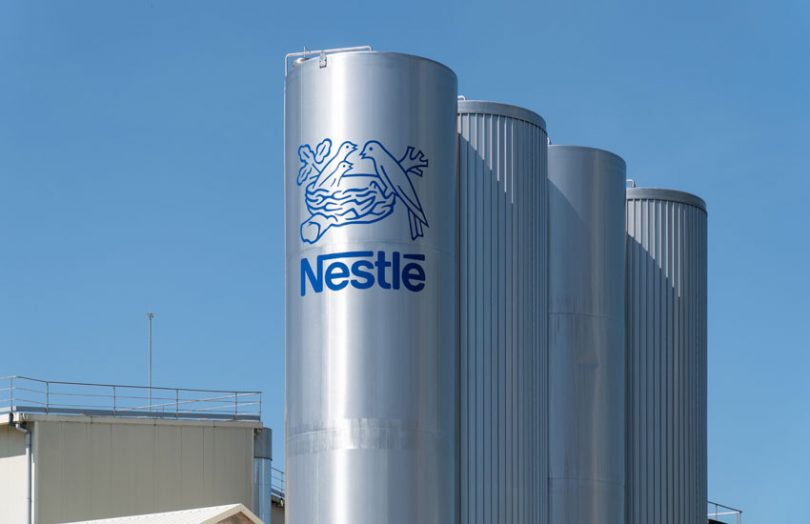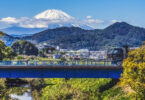Today Nestlé announced a collaboration with OpenSC, a supply chain food provenance blockchain founded by the WWF and the Boston Consulting Group Digital Ventures. Nestlé wish to provide consumers with the ability to trace their products right back to their origins.
OpenSC stands for open supply chain. The vision that underpins it is WWF’s desire to radically increase sustainable food sourcing through certification.
Marco Lambertini, WWF Director General said that “wildlife populations have seen a 60% decline in less than 50 years, less than a human generation.” The organization reckons that just ten commodities account for the vast majority of deforestation, conversion of grasslands and damage to the health of fisheries.
There has been progress. For example, 18% of timber production is now certified as sustainable. “We’re not moving fast enough,” said Thomas VellaCott, CEO WWF Switzerland. “Responsible production is yet to scale beyond 20% of the market in any key commodity. Which is too slow to avoid the worst environmental and social impacts. The planet simply doesn’t have another 30 years for us to keep making incremental improvements.”
It’s with this context that Nestlé has signed up as the first major food manufacturer to introduce openSC to enable the tracing of its products.
The pilot will initially track the supply chain of New Zealand milk to Nestlé factories in the Middle East. This will then be extended to verifying palm oil sustainability used in Nestlé products.
If the pilot is easily scalable, Nestlé will seek to extend it across their wider product base. They are hoping that it will enable them to take “another important step towards the full disclosure of [their] supply chains”, in the words of Global Head of Responsible Sourcing, Benjamin Ware.
OpenSC uses blockchain technology to allow consumers to verify the provenance of products they are purchasing. Its main aim is to provide consumers with the confidence that these products are ethical, legally compliant and environmentally friendly.
By scanning a QR code, consumers have access to all data from the supply chain, be it when a piece of fruit was picked or when an animal was slaughtered, or how sustainable each step of the supply chain was. The data on OpenSC is open to everyone. The blockchain technology ensures the data cannot be tampered with, thereby providing consumers with the confidence in the product.
Nestlé have been involved in previous blockchain traceability projects. In 2017, they were a founding member of IBM’s Food Trust, which aims to render supply chains more transparent and improve traceability of food through use of blockchain technology. In addition to increasing overall transparency, uploading data allows suppliers to avoid blanket product recalls, which can instead be targeted to specific sections of the supply chain.
More recently, Nestlé and fellow Food Trust member Carrefour joined forces. The Food Trust collaborative project allows consumers to track the journey of Mousline purée from Nestlé factories to Carrefour supermarkets, again by scanning a QR code.
In February, Nestlé announced that it would accelerate its ambitions for full supply chain transparency by making data available to consumers concerning commodities representing 95% of their raw materials. Today’s announcement continues in this direction.






